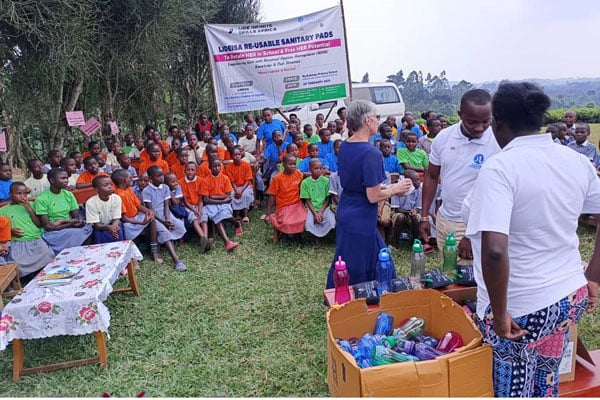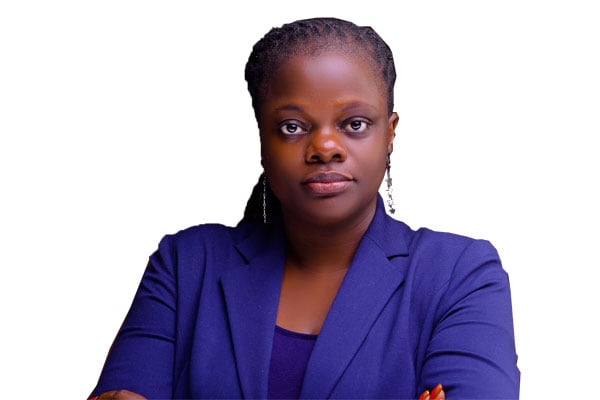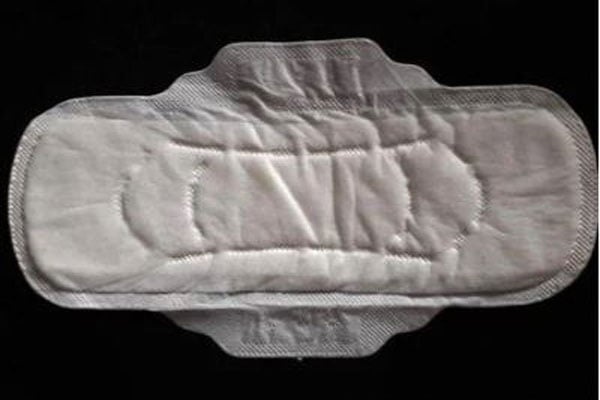US Embassy, YALI laud LIDEISA’s sanitary pads initiative

Ms Ellen Masi, US embassy’s Public Affairs’ Counsellor who was being flanked by Mr Kato Chrysestom, Youth Exchanges and Alumni Coordinator chatting with LIDEISA's Diana ahead of donations. PHOTOS/ MILTON BANDIHO
What you need to know:
- LIDEISA, a Non-Government Organisation spearheading a Menstrual project; ‘LIDEISA Reusable Sanitary Pads to retain her in School and free her potential project’ was hailed for its initiatives geared towards improving menstrual hygiene, especially in rural schools, where girls are offered knowledge and skills on safe menstrual management and hygiene.
The US embassy and Young African leadership Initiative, East Africa Regional Leadership Centre (YALIRLCEA) Alumni, Ugandan chapter, have extolled LIDE Infinite Skills Africa (LIDEISA) on its menstruation hygiene management initiative that has contributed to girls’ retention in schools countrywide.
LIDEISA, a Non-Government Organisation spearheading a Menstrual project; ‘LIDEISA Reusable Sanitary Pads to retain her in School and free her potential project’ was hailed for its initiatives geared towards improving menstrual hygiene, especially in rural schools, where girls are offered knowledge and skills on safe menstrual management and hygiene.
Speaking at Nyakabango Primary school in Western Uganda recently, where LIDEISA team was joined by two delegations from US embassy in Kampala and YALI, to conduct a menstrual hygiene management (MHM) education session, Ms Ellen Masi, US embassy’s Public Affairs’ Counsellor who was being flanked by Mr Kato Chrysestom, Youth Exchanges and Alumni Coordinator, hailed LIDEISA for coming up with local solutions for solving challenges within their communities.
“The most important thing for the US Embassy for the last 60 years has been and is still to invest in people. Former US President Barack Obama, said that YALI was for future leaders, but every person who participated in YALI was already a leader doing important work for Uganda,” she said.
YALI was launched by US President emeritus, Obama as a signature effort to invest in the next generation of African leaders.
“That is why the US Government gave them [leaders) the opportunity to learn more leadership skills to be even more successful in Uganda,” Ms Masi explained, “So, when this [LIDEISA] team identified a Challenge, we believed in them and offered them something, to overcome that challenge and we didn’t decide ourselves what needed to be here…”
She said her long stay in Africa had exposed her to common featuresP shared by African countries that included innovativeness, determination, intelligence and successfulness among African people.
She was optimistic that pupils who were impacted by LIDEISA’s work at Nyakabingo P/S, will emerge leaders within and beyond their communities within 10-year-time, thus encouraging them to focus on their education so they can emulate YALI alumni.
Mr Bruno Namisi, the EXCO treasurer, described LIDEISA’s YALI Visibility fund project and its leadership as “unique because DeoU Walusimbi who leads the initiative is advocating for critical girls’ education and to make it more unique. He is leading his team to implement a project in an area where he is not born,” Mr Namisi said as he lobbied leaders to support the initiative.
Last year, LIDEISA won YALI Visibility Fund Project grant worth $15,00 from YALI Alumni chapter of Uganda.
The visibility fund which was funded by the US embassy, aimed at increasing the chapter’s visibility within communities through supporting few innovative, but impactful projects run by YALI Alumni across Uganda to which LIDEISA is among.
With this support, LIDEISA team, they implemented an intensive Menstrual hygiene management knowledge education session that benefited 100 participants; including boys, who received reusable sanitary pads, water bottles, pens, t-shirts, and special gifts from the US embassy, all handed over by Ms Masi.

According to Mr. Deo Walusimbi, who founded LIDEISA after obtaining more practical leadership skills from YALI RLCEA in 2020, says growing poverty levels within communities among other barriers, cause lack of access to menstrual pads, knowledge and skills about safe menstruation handling, terrible cultural norms and practices, poor infrastructure, violence and harassment.
“ I considered it fundamental to find a solution to routine crisis caused by menstruation, which is a natural process every girl must experience from puberty stage through making LIDEISA reusable sanitary pads.”
“To me and my team, girls’ education exceeds enrolling girls into schools.
Meanwhile Nyakabingo Primary School is one of the government aided Primary Schools in Bushenyi district with an enrolment of 204 pupils.
Located about 18km from Bushenyi town in Kakanju Sub County in Igara West Bushenyi district, was constructed to serve 12 villages in the sub county.
The school was started in 1976 by Christians of Nyakabingo Church of Uganda. It is now struggling with the increased absenteeism by pupils due to lack of toilet facilities at school as learners share toilets with teachers.
"We are in tough times, the school doesn't have enough facilities. We are sharing toilets with pupils. We need some serious intervention either from the government or well-wishers," Ms Edinah Tumusiime, the head teacher said.
Ms Tumusiime said at least 60 pupils do not turn up for school on a daily basis.
“It is not easy here because parents are poor and the school does not have enough facilities for children so we are struggling”
She said they have tried to fight absenteeism but it has become a challenge which has even led to school dropout.
About the programme
The programme is about ensuring that girls are retained in school and complete education to free their potential but feeling safe while in a school environment.
“It is this environment, free from stigma associated with menstruation, or lack of sanitary pads, skills to handle periods that facilitate efficient acquisition of knowledge and skills by girls from school to favorably compete in the job market in a rapidly changing world. It also enables them to make decisions about their own lives and eventual contribution to their communities.” Mr Walusimbi said.
Before coming to Bushenyi in the western region, LIDEISA team spent its first year in operation, traversing schools in Eastern and Central regions of Uganda raising menstrual hygiene management (MHM) awareness.
With their approach that integrates boys, male teachers and school administrations, LIDEISA team has so far, been able to reach over 600 learners in total with over 200 girls and 60 boys benefited from free LIDEISA using personal resources.




